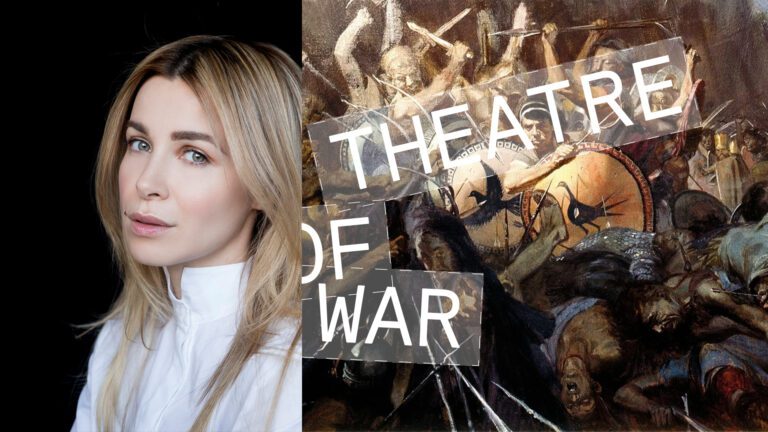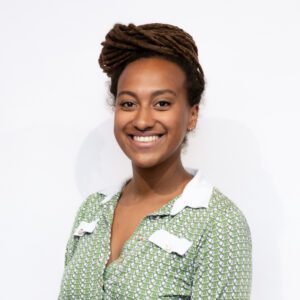Last December, Dutch prime-minister Mark Rutte formally apologized for the colonial past of The Netherlands, after years of grappling with the colonial legacy. He acknowledged the damage our state has done to enslaved people for hundreds of years and the effects this still has. Is apologizing the right approach to take and if so, what is the right way to apologize? With leading thinkers from different European countries, we’ll discuss how we should deal with the crimes of Europe’s colonial past.
Germany was the first European country to apologize in 2001. The United Kingdom has expressed regret, but hasn’t apologized yet. However, English cities London and Liverpool have uttered their apologies. And while in France the government has long acknowledged their actions as a crime against humanity, in Spain and Portugal the discussion about the colonial past has hardly come off the ground.
Are formal apologies sufficient to close the book on colonialism? Or are reparations in order? Our experts will draw on their expertise to help us answer these difficult questions our shared European colonial legacy poses and, how the colonial past and present of former imperial powers differ from each other.
About the speakers
Mame-Fatou Niang is a scholar, writer, filmmaker and racial justice activist. Niang is an Associate Professor of French & Black Geographies and the founder/director of Center for Black European Studies and the Atlantic. She wrote two books in which she discusses the notion of the French identity: Universalisme (2022) and Identités Françaises: Banlieues, Féminités et Universalisme (2019).
Kehinde Andrews is an academic and author of British African-Caribbean heritage. Andrews is UK’s first Professor of Black Studies at Birmingham City University. He regularly appears in the media discussing issues of race and racism, colonialism and slavery, and British nationalism.
He is a frequent contributor to British media outlets as The Guardian, the BBC and Good Morning Britain. Furthermore, he wrote multiple books on race and colonialism, like The New Age of Empire (2021). Andrews is the director of the Centre for Critical Social Research, founder of the Harambee Organization of Black Unity, and co-chair of the UK Black Studies Association.
Sofia Lovegrove is an independent researcher and heritage professional born in the UK, brought up in Portugal and based in the Netherlands. Her research lies at the intersection of critical heritage and memory studies, with a focus on (re)presentation of the Portuguese and Dutch colonial pasts and their afterlives in museums, heritage sites and public memory. She currently works at the Cultural Heritage Agency of the Netherlands (Ministry of Education, Culture and Science) where she focuses on the topics of multiperspectivity, inclusion, the slavery and colonial past and international heritage cooperation.
Wouter Veraart (1971) is Professor of Legal Philosophy and head of the Department of Legal Theory and Legal History at the Vrije Universiteit Amsterdam. Veraart has a strong interest in questions of historic injustice, restitution, victimization and the rule of law. Since 2021, he is one of the investigators of the research program Pressing Matter, which deals with the provenance and destination of colonial collections in Dutch museums. Veraart’s publications include articles on the value of apologies and reparations in relation to slavery and other forms of colonial injustice, most recently “Apologies from the heart: Some reflections on national apologies for colonial slavery” (in Dutch) in Tijdschrift voor Herstelrecht (2022).
Website Pressing Matter: https://pressingmatter.nl/


Speakers




Forum on European Culture:

Ece Temelkuran: The Dilemma of Climate Democracy

Theatre of War: The Persians

